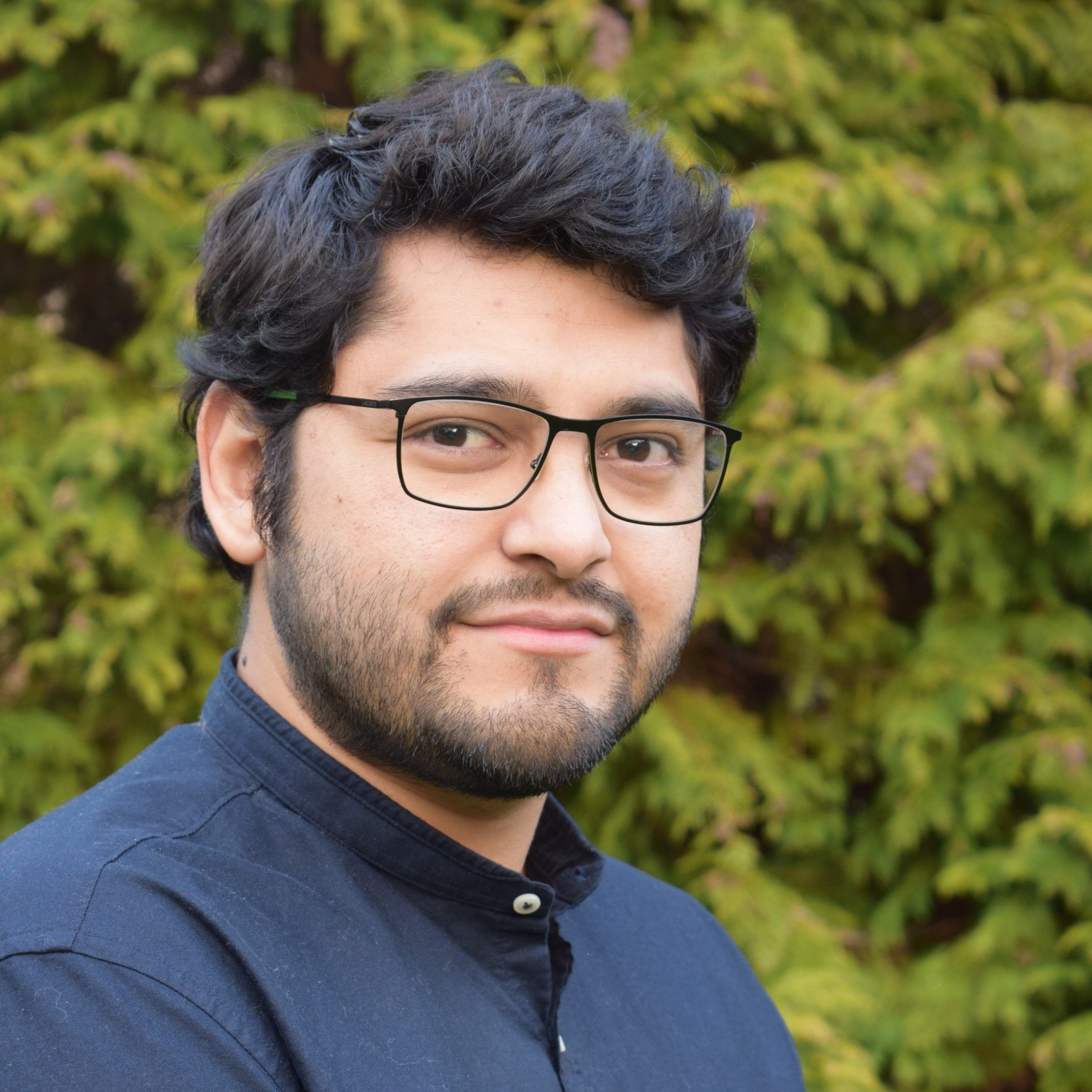Data Science Liège MEETUP #16 - Online
The mission of Data Science Liège is to offer a forum, upon which participants can leverage to federate data science initiatives, showcase projects and ideas, call for support and partnerships, disseminate knowledge and stimulate public awareness.
This 16th edition is the first of two meetup’s about “AI for utilities”, and will focus on water.
In order to comply with the measures taken by our government in the struggle against Covid-19, this meetup will be held online.
Participation is free but registration is required.
Follow us on Twitter : @DSLiege for updates and latest news!
REGISTER HERE
Program
- 18:00 Introduction
- 18:05 Short talks + Q&A
- 19:15 Panel discussion
- 19:30 Networking in small groups
- 19:45 End of the meetup
Speakers
-

Sergio CASTILLO
Master's Student in Computer Science -

Ashwin ITTOO
Professor in AI // HEC Liège -

Philippe MACK
CEO & Owner // PEPITe -

Jonathan HENSKENS
Senior Consultant // Delaware
End-to-end OCR engine for water meter readings recognition – Sergio Castillo & Ashwin Ittoo
We will describe the development of an Optical Character Recognition engine to extract information from water meters. The engine’s core is based on ConvoNets, and relies on various pre-processing steps to make it robust to low quality images that characterize water meter readers. The engine operates as follows: i) a region-of-interest detector is trained to detect the area in which the reader digit sequence is located. ii) the area is cropped to produce a new image with the counter only; iii)a sequence predictor is trained to generate the reader’s information (digits). We will also describe the technology stack and datasets used for training/evaluation. This project was done in an internship in the Data Science/AI team of NRB.
FlexWatter : Développement d’un outil de gestion des réseaux d’adductions pour venir en soutien au réseau électrique – Philippe Mack
Le développement de nouvelles sources d’énergie crée de nombreux défis du point de vue du système électrique. En effet, le caractère intermittent des énergies renouvelables fait croître les besoins en flexibilité de la charge et en stockage électrique.
Les réseaux de distribution d’eau potable, dont la particularité réside en de nombreuses charges électriques décentralisées et réservoirs, peuvent devenir des charges flexibles et des stockages hydroélectriques. La configuration actuelle des sites d’exploitations des producteurs et distributeurs d’eau potable pourrait d’ores et déjà convenir au soutien du réseau électrique, moyennant une gestion adéquate des flux d’eau.
C’est dans ce but que le projet FlexWtter vise, entre autres, à développer un outil informatique intégrant les données historiques et en temps réel des réseaux hydrauliques et électriques pour piloter de manière optimale le réseau de distribution d’eau afin de venir en soutien à l’équilibre du réseau électrique.
How AI can have a positive impact on the availability of essential resources – Jonathan Henskens
Water is a scarce resource. What if by means of intelligent use of data and AI we can have a positive impact on its availability?
An idea that once started with an experiment has now turned into a fully fletched leakdetection platform, forming the hub for leakdetection specialists.
Leakdetection specialists are now automatically notified when leaks occur in the network and the platform provides all the necessary tools to investigate such occurrences in a data-driven and efficient way.